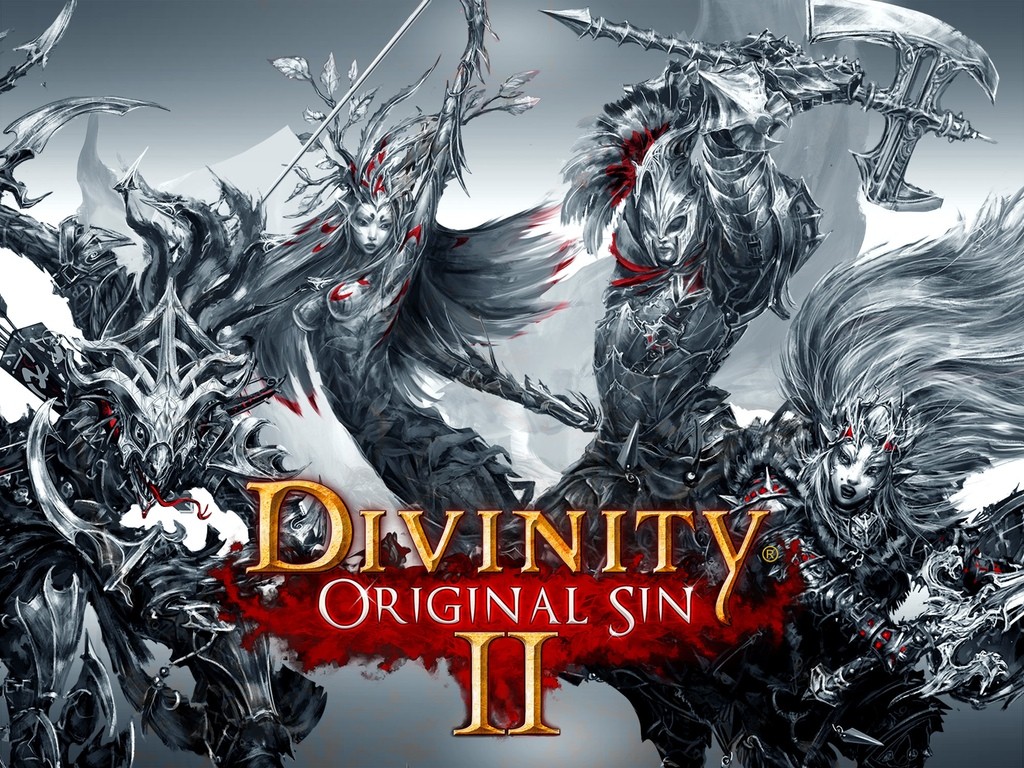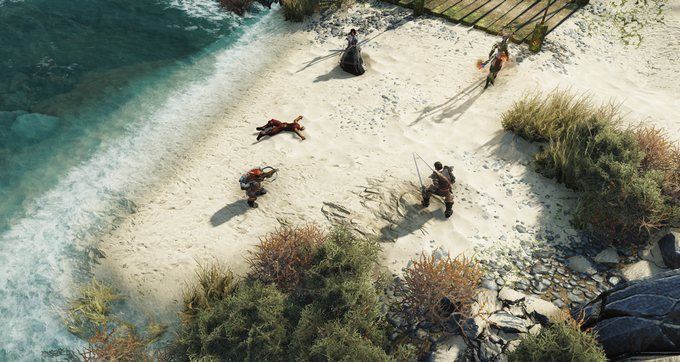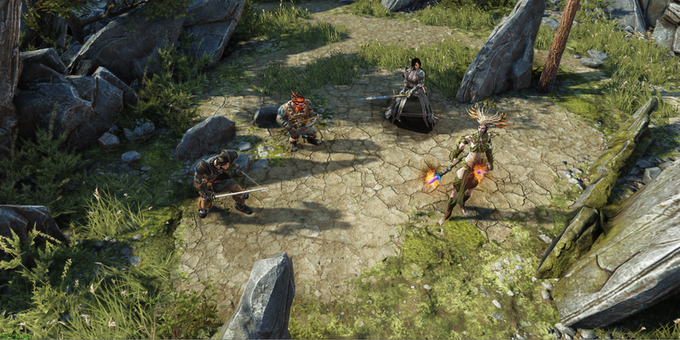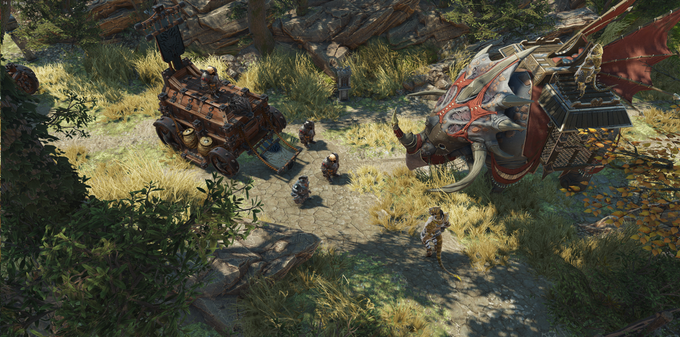Blaugust Post #23
Divinity Original Sin: Enhanced Edition is coming out “soon” on PC and the current console generation. I never finished it, but I am a big fan of the original release. Owners of the original will receive the enhanced edition for free, which is in line with what they’ve done for their previous games.
A sequel, Original Sin 2, is now on Kickstarter. It’s one of the cases where simply promising more of the same would probably get me interested, but it looks like they’re doing a lot more than that. One of the best features of Original Sin is the ability to disagree with your partner, which results in you playing Rock Paper Scissors against each other. Points for winning are determined by your persuasion stat, and the first to 10 gets to determine what the party does.
Original Sin 2 seems to expand on this concept, and actually let the party work on objectives at odds with each other. No word on if it will allow what Tam refers to as the “GM Victory”, but I honestly kind of hope so. It also expands co-op to include up to 4 players.
They’re also tweaking the battle system, which was already one of the best turn-based systems I’ve seen in a long time. Given the character I played the first time around (a ranger-type) I’m not sure a cover system is going to be terribly helpful, but I’m willing to give it a chance. More interactions mostly increases the potential for unintended hilarity. And I appreciate that there are more options for the player than just humans.
I haven’t looked forward to a Kickstarter game this much in a long time. It smashed its funding goal on the first day, so it seems likely we’ll be playing this at some point next year.




